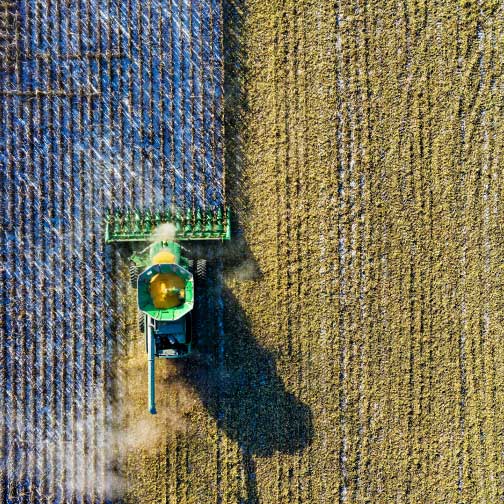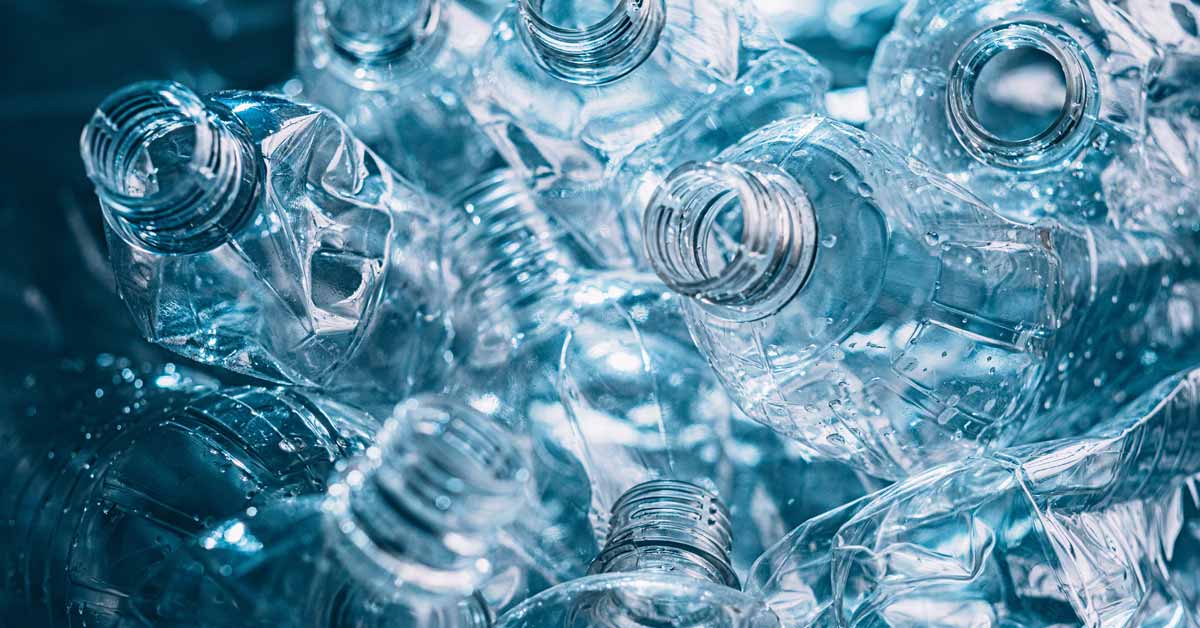
Pyrolysis is the thermal degradation/decomposition process that occurs in the absence of oxygen, which results in the production of pyrolytic liquid (pyrolysis oil), biochar and gas. Pyrolysis oil is the main product and can be utilised in different ways. It can be gasified to syngas and further converted to various chemicals and fuels; it can alternatively be co-fed into petroleum oil refineries, and the following hydrotreating or cracking, will result in the production of biofuels, chemical feedstock (e.g., naphtha) and chemical building blocks. Production of food flavouring (liquid smoke) is a commercialised product from pyrolysis. Pyrolysis oil can also be fed into a combined heat and power plant to produce heat and electricity. The co-products bio-char and gas are typically combusted to provide the process heat requirements. Biochar can also be used for soil amendment.
While pyrolysis has already been applied in a variety of industrial applications such as in cogeneration of heat and electricity, pyrolysis for conversion of wood chips to fuels is still considered to be in the early-stage commercial or pioneer facility stage of maturity. In Europe, fast pyrolysis plants identified include an integrated facility in Joeensuu, Finland owned by Savon Voima, a Finnish energy company; the Empyro fast pyrolysis plant in Hengelo, the Netherlands, owned by Twence, a Dutch biomass and waste recycling company; Green Fuel Nordic Oy’s plant in Lieksa, Finland; and the incoming Pyrocell’s plant in Gävle, Sweden, which started up last month.


 Doris de Guzman
Doris de Guzman

![[Video] Molecules to Markets Episode 1: Chemical Markets Begin 2026 in a Supply-Driven, Margin-Sensitive Environment](https://www.resourcewise.com/hubfs/images-and-graphics/blog/chemicals/2026/weekly-video-series-molecules-to-markets/CHEM-Weekly-Video-Series-Molecules-to-Markets-Episode-1.png)
